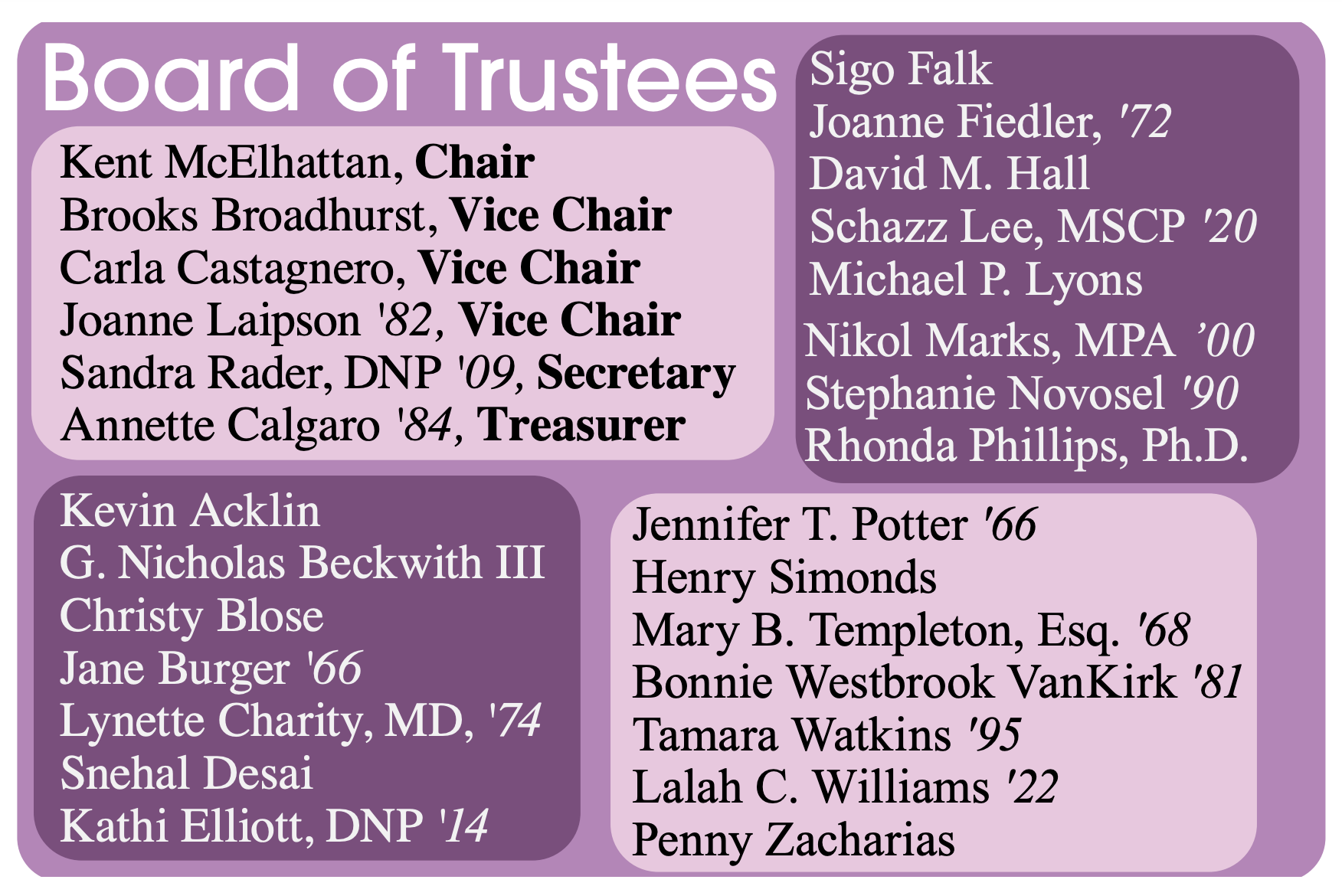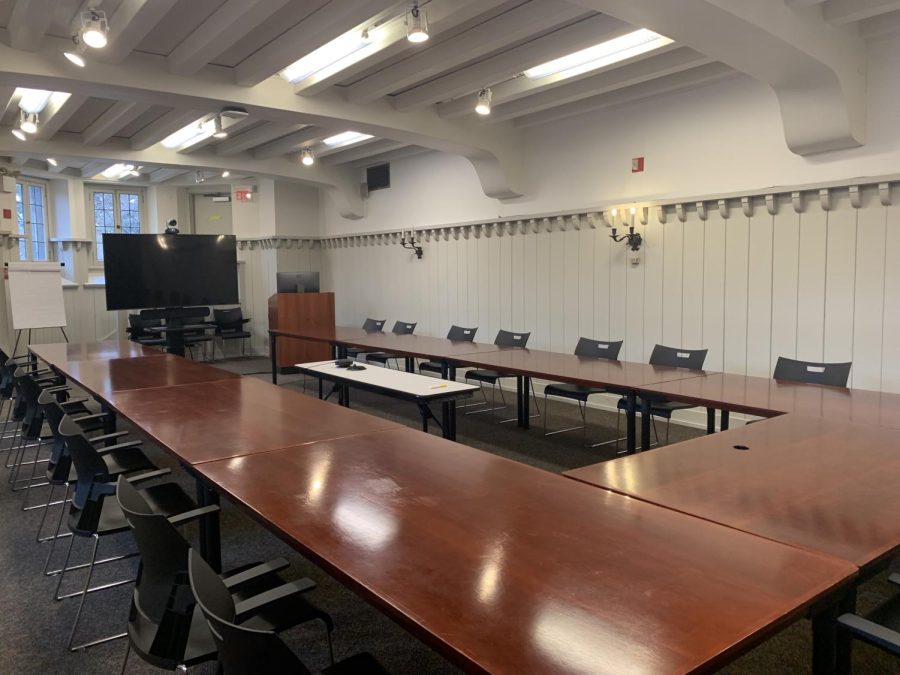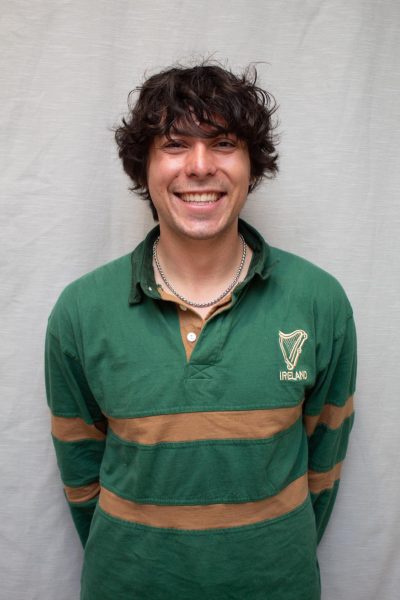The Board of Trustees is considering decisions to restructure its operations, including creating an independent budget committee to advise decisions and reworking meetings to allow more time for discussion. In recent years, the Board of Trustees implemented a 12-year term limit and has staggered the transitions of its existing members.
When Chatham University announced its reorganization to combat a $8-$12 million deficit, the message came from the Board of Trustees. More recently, the Board approved the decision to shut down Orchard Hall at the University’s recommendation.
Board meetings where these decisions are made are private, but they follow a typical structure according to Kent McElhattan, who is serving his first year as chair of the Board following his 12 years as a member.
Meetings begin with an introduction of Board members before moving to the president’s report, committee reports and a discussion period of any motions made before a vote, according to McElhattan.
McElhattan stated that after the discussion period, the votes made by the Board are almost always unanimous.
“It’s always been vetted. It’s what’s best for Chatham,” he said about the motions being voted on.
Currently, the Board is working on restructuring its meetings to allow more time for discussion. This includes limiting the time of the reports from the president’s leadership team during the president’s report.
The Board of Trustees meets about three times an academic year, with its most recent meeting taking place in October. The Board is led by six officers, which consist of the chair, three vice chairs, a secretary and treasurer. The rest of the Board of Trustees is made up of 22 members. These members and officers include alumni, local business leaders and nearby residents.
The Board of Trustees is broken into nine different committees. All the work of the Board is done within these committees.
University President Rhonda Phillips is working on putting together a budget committee independent of the Board of Trustees that will be made up of members from across the University to help with recommendations. These recommendations will be sent to Dr. Phillips, who will share it with the Board of Trustees. The Board will then make the final decision on these recommendations.

Dr. Phillips is hoping to have this committee in place this academic year.
Since the University-wide reorganization, Dr. Phillips has stated in emails that the Board is aiming to be more transparent with the Chatham community.
“I have been working with the Trustees to implement changes that will improve governance, transparency and oversight, such as changes to Board committees and leadership and more detailed financial reports for the university,” Dr. Phillips said in a University-wide email in March.
This is a sentiment the Board holds, as well.
“We want to be transparent,” McElhattan said. “It’s not that anyone is hiding anything.”
While these meetings are still closed to the public, Dr. Phillips claims this is standard for private non-profit universities.
McElhattan believes there are ways students can have their voices heard by the Board of Trustees, but the final decision ultimately comes down to Dr. Phillips.
He believes if other universities figured out how to have student voices heard, so can Chatham. He referenced Ohio State, which has public Board of Trustees meetings.
“Other colleges have figured it out,” he said. “An 18-year-old here is the same as an 18-year-old at Ohio State.”
This is the first story into a multi-part series on Chatham University’s Board of Trustees.




